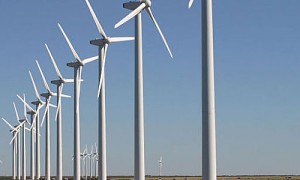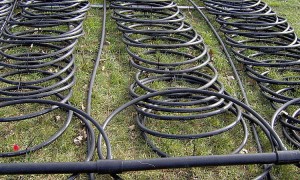Very few things compare to the luxury of having a hot shower or soaking in a tub full of warm water. Unfortunately, as prices for electricity and natural gas climb, heating water for your home can be expensive. On top of cost concerns, traditional water heaters are bulky and can produce greenhouse gases. Many eco- and budget-conscious homeowners in the Dallas-Fort Worth Metroplex area are considering installing a tankless water heater instead of a traditional water heater in their homes.
According to How Stuff Works, a tankless water heater supplies a continuous amount of hot water rather than storing and heating water in a large tank. It works by heating water through a heat exchanger when it’s needed, as opposed to burning energy to keep water hot even when it’s not in use (which is what a traditional water heater does). Following are some benefits of using a tankless water heater.
Energy and Cost Savings
Since tankless heaters don’t store large amounts of water and don’t keep stored water continuously heated, DFW homeowners and renters can enjoy lower electric bills. Since Metroplex locals typically pay high electric bills in the hot summer months, reducing energy costs can help offset this expense — when purchasing a tankless system, look for the Energy Star sticker of approval. Another bonus to installing this type of water heater is the fact that there are federal tax rebates available, and according to How Stuff Works, most tankless systems are eligible for a $300 rebate.
A Tankless Heater Takes Up Less Space
Traditional water heaters are quite bulky, since they have to hold many gallons of water. A tankless heater, on the other hand, is very compact, lightweight, and wall-mounted. Some units are small enough to fit inside a bathroom or kitchen cabinet. If you swap out an old heater in a closet for the tankless variety, you can enjoy plenty of new closet space for additional storage.
Additional Benefits
Tankless systems, although more expensive, can last up to 10 years longer than a traditional water heating unit. According to Energy Star, the lifespan of a tankless water heater is about 20 years. Furthermore, since tankless heaters aren’t storing gallons of water, homeowners and renters don’t have to worry about damages and flooding associated with tank ruptures.
Tankless systems have been very popular in Europe and Asia for years, and they’re becoming more commonplace in homes throughout the United States — largely due to their space-saving and energy-saving abilities. Shopping for a tankless heater is as easy as visiting the home goods and hardware stores located throughout the Metroplex.
[cf]skyword_tracking_tag[/cf]






